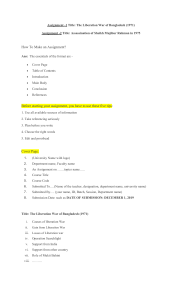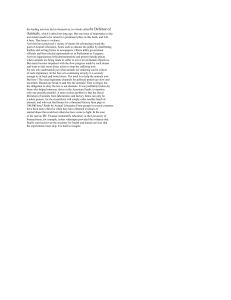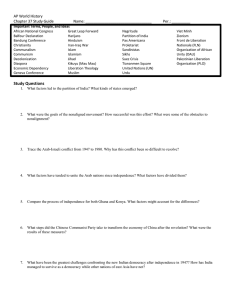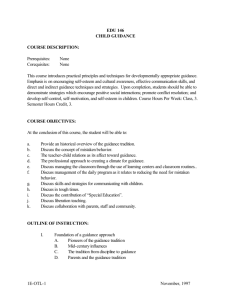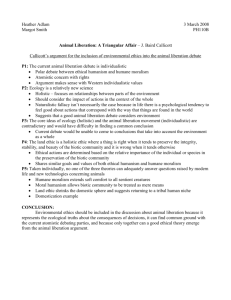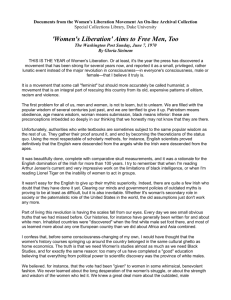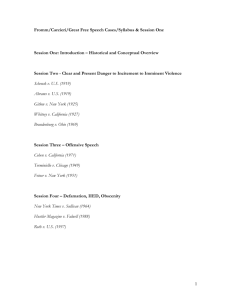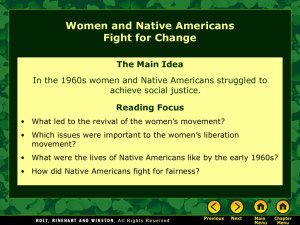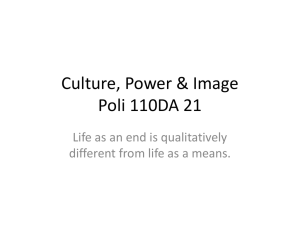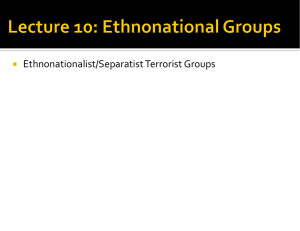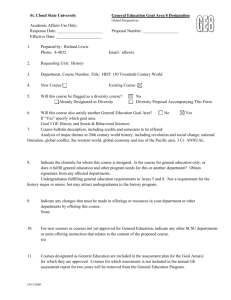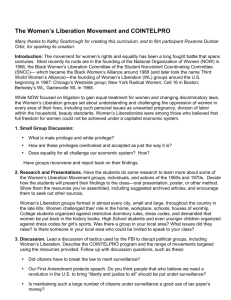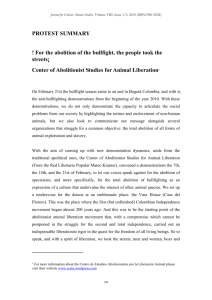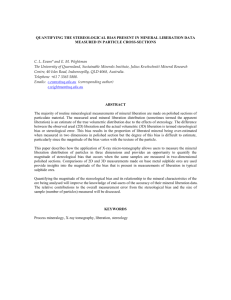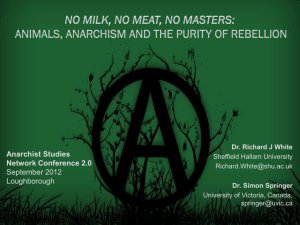UNIVERSAL HUMAN LIBERTION Leonard Harris, Ph.D. Department
advertisement
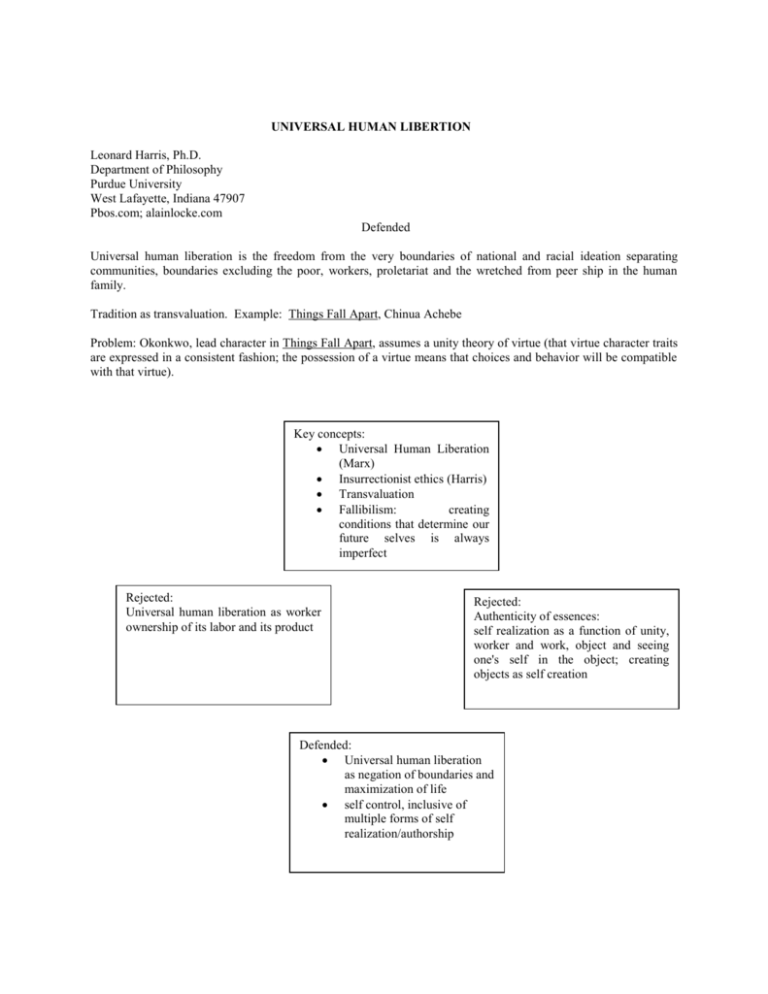
UNIVERSAL HUMAN LIBERTION Leonard Harris, Ph.D. Department of Philosophy Purdue University West Lafayette, Indiana 47907 Pbos.com; alainlocke.com Defended Universal human liberation is the freedom from the very boundaries of national and racial ideation separating communities, boundaries excluding the poor, workers, proletariat and the wretched from peer ship in the human family. Tradition as transvaluation. Example: Things Fall Apart, Chinua Achebe Problem: Okonkwo, lead character in Things Fall Apart, assumes a unity theory of virtue (that virtue character traits are expressed in a consistent fashion; the possession of a virtue means that choices and behavior will be compatible with that virtue). Key concepts: Universal Human Liberation (Marx) Insurrectionist ethics (Harris) Transvaluation Fallibilism: creating conditions that determine our future selves is always imperfect Rejected: Universal human liberation as worker ownership of its labor and its product Rejected: Authenticity of essences: self realization as a function of unity, worker and work, object and seeing one's self in the object; creating objects as self creation Defended: Universal human liberation as negation of boundaries and maximization of life self control, inclusive of multiple forms of self realization/authorship RESOURCES “Universal Human Liberation and Community: Pixley Kalsaka Seme and Alain L. Locke,” Claude Sumner, Samuel W. Yohannes, eds., Perspectives in African Philosophy: An Anthology on Problematics of an African Philosophy: Twenty Years After (1976-1996, Addis Ababa: Addis Ababa University Printing Press, 2002, pp. 150-159. "What, Then, Is Racism?" Leonard Harris, ed., Racism, New York: Humanity Press, 1999, pp. 437-451. “Insurrectionist Ethics: Advocacy, Moral Psychology, and Pragmatism," John Howie, ed., Ethical Issues for a New Millennium: The Wayne Leys Memorial Lectures, Carbondale: Southern Illinois University Press, 2002, pp. 192210. "Community: What Type of Entity and What Type of Moral Commitment?" Robert Birt, ed., The Quest for Community and Identity, New York: Rowman & Littlefield Publishers, 2001, pp. 243-255. "Honor and Insurrection," Bill E. Lawson, ed., Frederick Douglass, Oxford: Blackwell Publishing Company, 1999, pp. 227-242. "Universal Human Liberation: Community and Multiculturalism," Cynthia Willett, ed., Theorizing Multiculturalism, Oxford: Blackwell Publishing Company, 1998, pp. 449-457. "The Horror of Tradition or How to Burn Babylon and Build Benin While Reading A Preface to a Twenty Volume Suicide Note," Philosophical Forum, XXIV: 1-3 (Fall-Spring 1992-93) 94-119. "Historical Subjects and Interests: Race, Class, and Conflict," Michael Sprinkler et. al., eds., The Year Left, New York: Verso, 1986, pp. 91-106.
